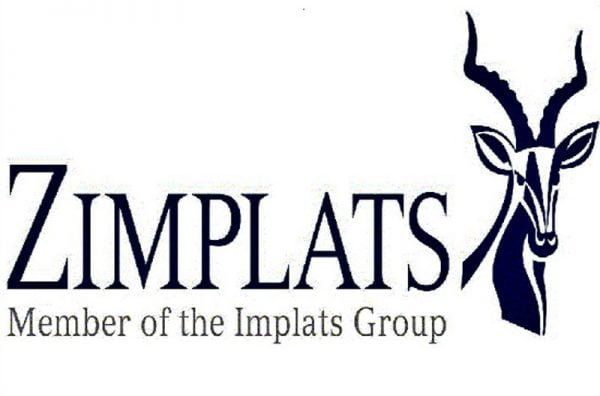Australian Stock Exchange-listed platinum mining company, Zimplats has proven that it is committed to environmental conservation and the reduction of food waste.
Anerudo Mapuranga
According to the miner’s parent company, Impala Platinum BV (Implats) Zimplats has had a 50 per cent reduction in food waste through vermiculture and vermicomposting resulting in the reduction in pollution.
“Zimplats has embarked on vermiculture and vermicomposting waste management initiative, which has led to a 50 per cent reduction in food waste sent to the landfill, which in turn will result in an extension of the operating life landfill facility, as well as a reduction in pollution. The sustainable waste management initiative aims to reduce food waste and other bridgeable wastes that are normally disposed of through landfilling while creating valuable by-products,” the company said.
Globally, the rapid urbanization, industrialization, technological advancement, and population increase has led to worrisome challenges associated with increasing solid waste production, and management of such huge amounts of wastes is increasingly burdensome. Over one billion tonnes of solid wastes are generated annually and are ending up unscientifically in the environment, producing social, economic, and environmental costs. Proper management of this enormous amount of waste is a big challenge for humankind.
Researchers across the world are searching for new, innovative, and eco-friendly technologies for waste management. Biological methods are more suitable for waste treatment, as they recycle the various constituents of waste into valuable end products and can be cost-effective. Vermicomposting is one such effective biological method for waste management in which microbes assist earthworms in waste degradation.
Vermicomposting is a bio-oxidative natural decomposition process that occurs under mesophilic conditions further aided by the biochemical action of microorganisms. Various categories of wastes are vermicomposted using different earthworm species. The mutual action of worms and microbes convert waste into fine, homogenized, odour-free, nutrient-rich, and humus-rich manure that is called vermicompost.
Earthworms fragment the waste substrate in their intestine and improve their physicochemical characteristics by enhancing organic matter decomposition. Microorganisms present in the guts of earthworms help in the biochemical degradation of the waste. Vermicompost is an efficient growth promoter for plants, as it contains plant-available nutrients, a rich microbial population, humic substances, growth hormones, and enzymes.
A number of studies on the use of vermicompost as an organic fertilizer have proved that it improves crop growth and yield. Furthermore, vermicomposting also helps achieve a circular bio-economy by converting waste into useful products that are necessary for the overall sustainable development of a country.





